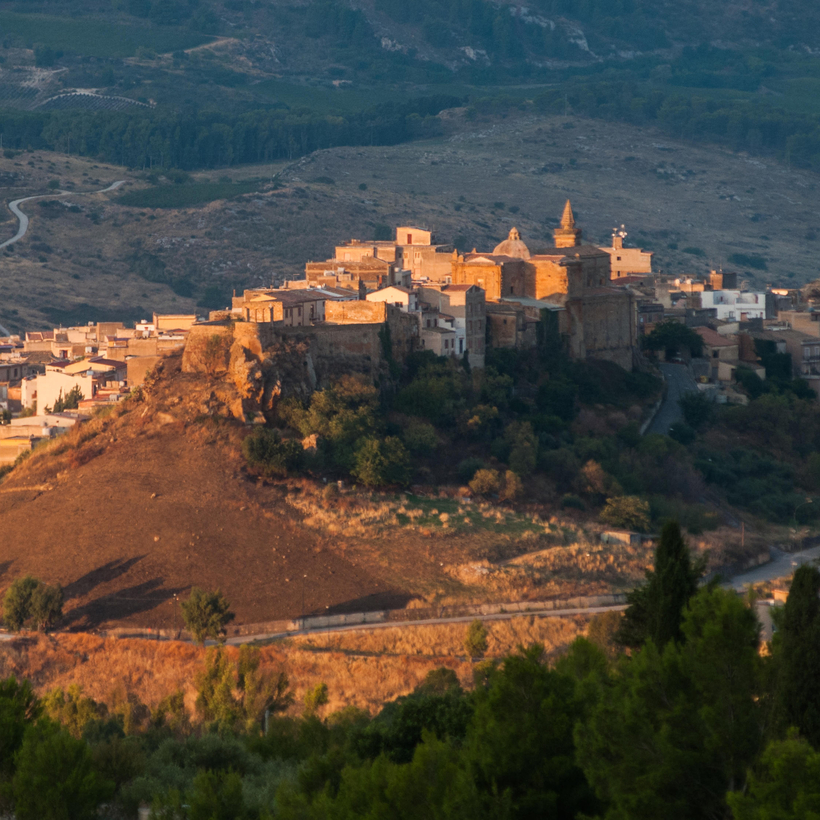Standing in the warm winter sun outside Sambuca’s 16th century church, the deputy mayor was listing the startling changes in his town since it started selling houses for a euro.
“There is a new estate agent, restaurant, café and food shop, while two ceramics workshops have opened,” Giuseppe Cacioppo said. “And there’s the $23 million we think people will spend doing up their new homes.”

